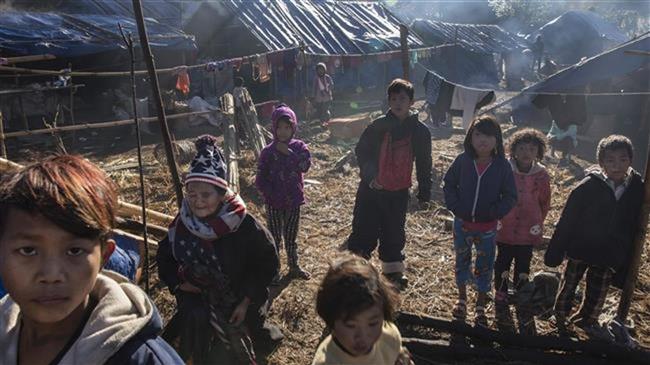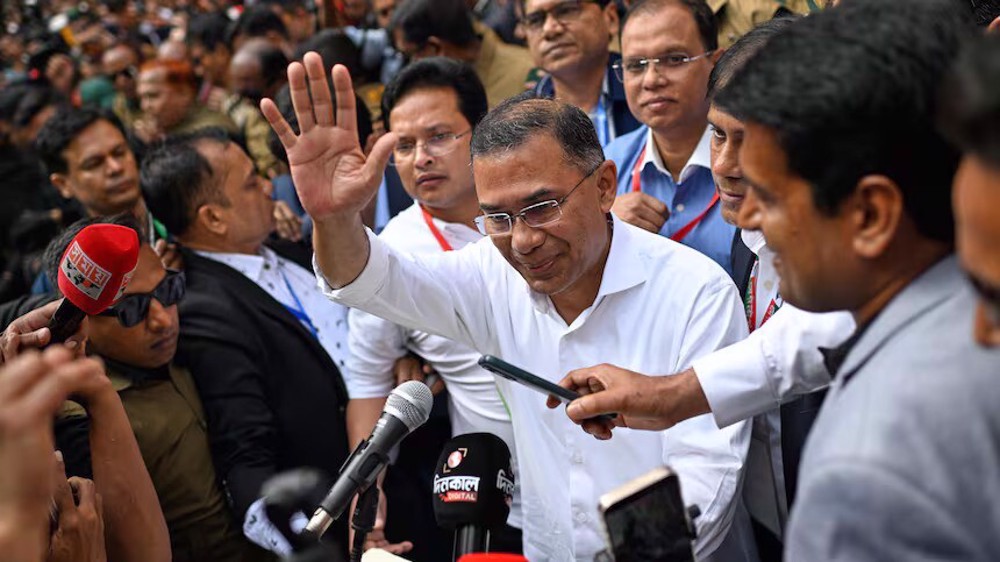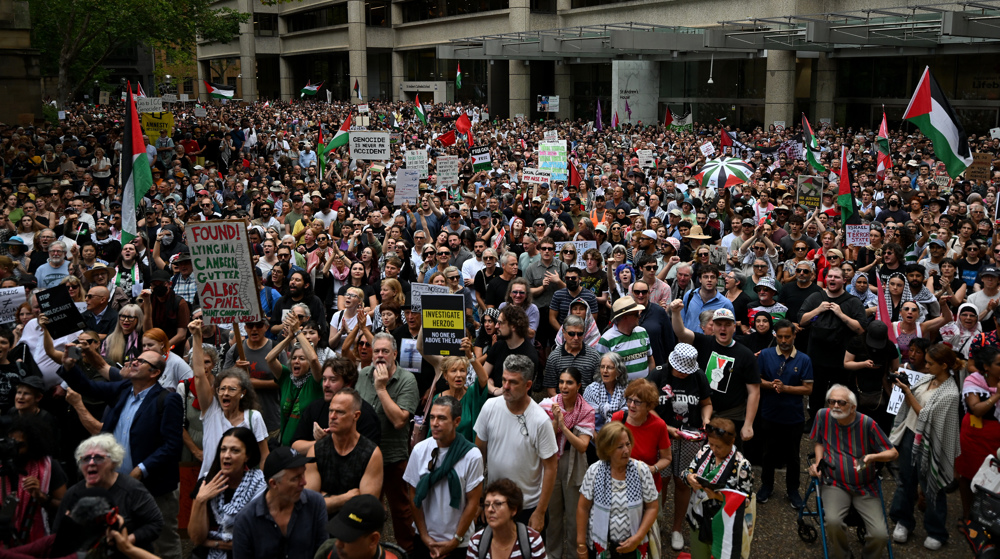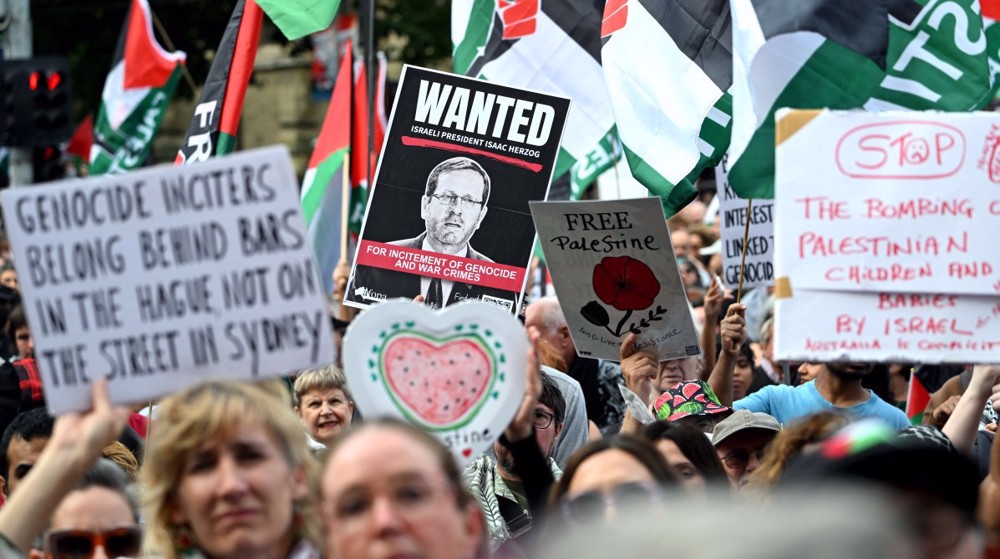Over 4,000 flee fresh clashes in Myanmar's Kachin: UN
A United Nations official says more than 4,000 people have fled renewed fighting between Myanmar's military and an ethnic armed group in the country's remote north over the past weeks as a long-simmering conflict intensifies.
“More than 4,000 people have been displaced in Myanmar's northernmost state of Kachin near the border with China in the last three weeks,” Mark Cutts, the head of the UN's Office for the Coordination of Humanitarian Affairs (OCHA), told AFP late Friday.
Some 15,000 people have already been displaced in the state since a 17-year-old ceasefire agreement between the military and the Kachin Independence Army (KIA), one of the most powerful ethnic militias, broke down in 2011.

Myanmar’s military is reportedly using heavy weapons and airstrikes in its offensive against the KIA rebels, particularly after fighting escalated in mid-January to include three townships of Kachin.
"We have received reports from local organizations saying that there are still many civilians who remain trapped in conflict-affected areas," Cutts said of the recent clashes.
"Our biggest concern is for the safety of civilians -- including pregnant women, the elderly, small children and people with disabilities. We must ensure that these people are protected," he added.
Kachin-based aid groups and local humanitarian organizations have called on the government to allow access to the village of Aung Lawt, where about 2,000 people have been trapped in a remote forest with no access to humanitarian aid for two weeks.
The OCHA has been unable to verify reports that the fighting has led to the loss of civilian lives in Myanmar’s conflict-hit north.
Myanmar's authorities have also come under intense pressure since the military launched yet another heavy-handed crackdown against the Rohingya Muslim minority group in Rakhine state on August 25, 2017.
About 700,000 Rohingya Muslims have fled the predominantly-Buddhist Myanmar to neighboring Bangladesh since August last year, bringing with them horrifying stories of massacres, gang rape and arson by Myanmar’s military forces and Buddhist mobs.
Human Rights Watch (HRW) urged the United Nations Security Council on Friday to refer Myanmar to the International Criminal Court (ICC), citing recent deaths and displacement of civilians in Myanmar army operations against Rohingyas.
A United Nations Security Council delegation tasked with measuring the impact of the Rohingya refugee crisis is scheduled to visit Myanmar and the Rohingya-majority state of Rakhine.
Andrew Gilmour, UN assistant secretary general for human rights, said last month that the “ethnic cleansing” of the Rohingya Muslim community was continuing in Myanmar, despite denials by the government in the capital Naypyidaw of any violence against the minority group.
The Rohingya have lived in Myanmar for generations but are denied citizenship and branded illegal immigrants from Bangladesh, which likewise denies them citizenship.
Bangladesh and Myanmar signed an agreement late last year to repatriate the Rohingya Muslim refugees who have fled across the border since last August. The repatriation was delayed due to a lack of preparation as well as protests staged by Rohingya refugees against the plan to send them back to Myanmar while conditions were not safe for their return.
VIDEO | Israel using militias to deepen chaos in Gaza
Putin’s aide praises Iran’s ‘competitive’ technological achievements
VIDEO | Brussels exhibition exposes Western-backed genocide in Gaza
20,000 patients stuck as Gaza demands full operation of Rafah crossing
Iran FM heads for Switzerland for indirect talks with US
Israel approves de facto annexation of West Bank; Hamas calls move ‘null and void’
‘Iran’s deterrence makes US think twice before taking any action’
Orban warns EU poses direct threat to Hungary’s sovereignty











 This makes it easy to access the Press TV website
This makes it easy to access the Press TV website